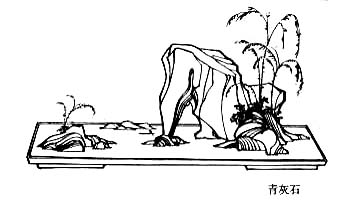Lun Yu 
 – Les Entretiens de Confucius
– Les Entretiens de Confucius
Le Maître échange propos, anecdotes, brèves paraboles et maximes avec ses disciples. Tr. Couvreur (fr), Legge (en) et Lau (en).
Lunyu XVI. 12. (445)
King, prince de Ts'i, avait mille attelages de quatre chevaux. A sa mort, le peuple ne trouva aucune vertu à louer en lui. Pe i et Chou ts'i moururent de faim au pied du mont Cheou iang1. Le peuple n'a pas encore cessé de célébrer leurs louanges, « non à cause de leurs richesses, mais parce qu'ils étaient hors du commun ». Ces deux vers du Livre des Odes ne peuvent-ils pas leur être appliqués justement ?
Couvreur XVI.12.
Wealth without virtue and virtue without wealth;– their different appreciations.
1. The Duke Ching of Ch'î had a thousand teams, each of four horses, but on the day of his death, the people did not praise him for a single virtue. Po-î and Shû-ch'î died of hunger at the foot of the Shâu-yang mountain, and the people, down to the present time, praise them.
2. "Is not that saying illustrated by this?"
Legge XVI.12.
Duke Ching of Ch'i had a thousand teams of four horses each, but on his death the common people were unable to find anything for which to praise him, whereas Po Yi and Shu Ch'i starved under Mount Shou Yang -and yet to this day the common people still sing their praises. This is probably what is meant.
Lau [16:12]

Les Entretiens de Confucius – Lun Yu XVI. 12. (445) – Chinois off/on – Français/English
Alias the Lunyu, the Lun Yü, the Analects, les Entretiens du maître avec ses disciples.
Le Canon des Poèmes, Les Entretiens, La Grande Étude, Le Juste Milieu, Les Trois Caractères, Le Livre des Mutations, De la Voie et la Vertu, 300 poèmes Tang, L'Art de la guerre, Trente-six stratagèmes
Bienvenue, aide, notes, introduction, table.
Index – Contact – Haut de page























